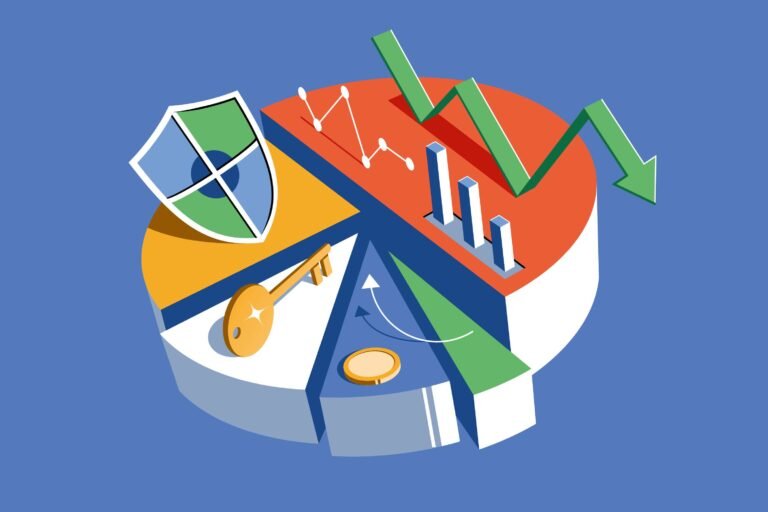Millennials and Gen Z Are Using AI to Improve Their Investing—Should You?
Fact checked by Katie Reilly primeimages/Getty Images Millennials and Gen Zers have entered the world of investing with a tech-first mindset, as 41% of both generations say they would entrust an AI assistant to manage their investments—nearly three times the rate of Baby Boomers. From sleek AI-enabled robo-advisors to the stock-picking prowess of AI-powered exchange-traded funds…






